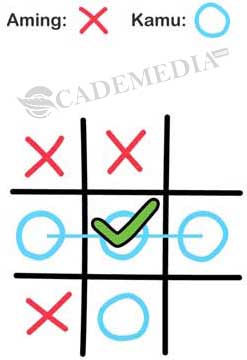

Both of these words are derived from μνήμη ( mnēmē), 'remembrance, memory'.

The word "mnemonic" is derived from the Ancient Greek word μνημονικός ( mnēmonikos), meaning 'of memory' or 'relating to memory' and is related to Mnemosyne ("remembrance"), the name of the goddess of memory in Greek mythology. Their use is based on the observation that the human mind more easily remembers spatial, personal, surprising, physical, sexual, humorous, or otherwise "relatable" information, rather than more abstract or impersonal forms of information. Mnemonics aid original information in becoming associated with something more accessible or meaningful-which, in turn, provides better retention of the information.Ĭommonly encountered mnemonics are often used for lists and in auditory form, such as short poems, acronyms, initialisms, or memorable phrases, but mnemonics can also be used for other types of information and in visual or kinesthetic forms. Mnemonics make use of elaborative encoding, retrieval cues, and imagery as specific tools to encode information in a way that allows for efficient storage and retrieval. Each knuckle represents a 31-day month.Ī mnemonic device ( / n ɪ ˈ m ɒ n ɪ k/ nih- MON-ik), or memory device, is any learning technique that aids information retention or retrieval (remembering) in the human memory for better understanding.

Knuckle mnemonic for the number of days in each month of the Gregorian Calendar. ( Learn how and when to remove this template message)


 0 kommentar(er)
0 kommentar(er)
